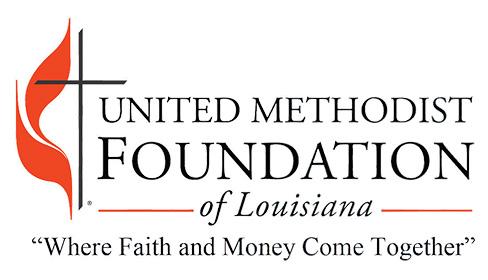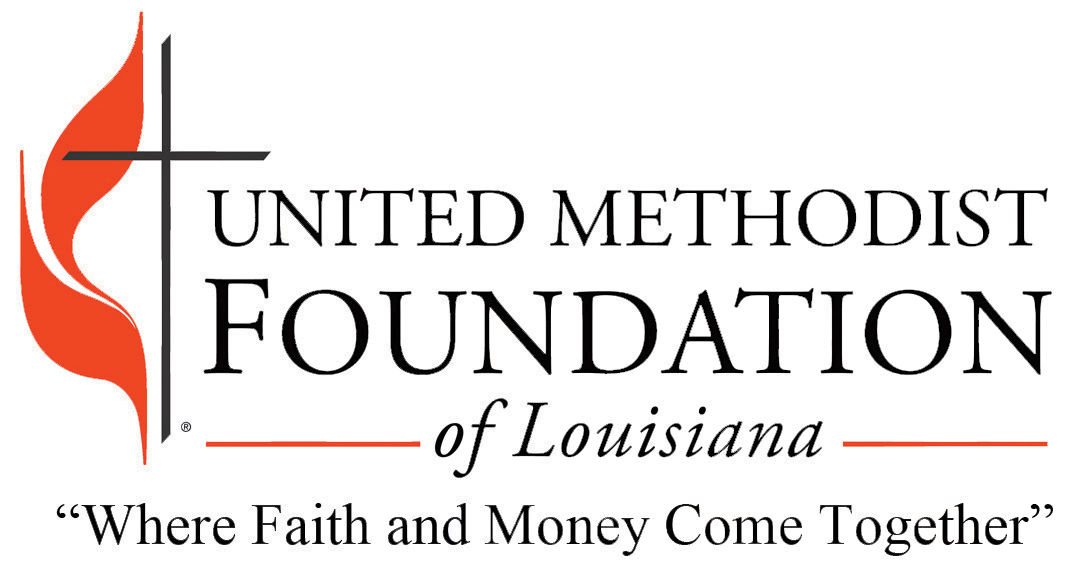Thursday May 9, 2024
Case of the Week
Exit Strategies for Real Estate Investors, Part 19 Water Rights and Zoning Problems
Case:
Karl Hendricks was a man with the golden touch. Throughout his life, it seemed every investment idea that he touched turned to gold. Karl's passion was real estate, and he was very successful in his investments.Karl had purchased development land near an interstate highway. The land was distant from town when he bought it 20 years ago. However, over the years development has steadily moved toward the land. Three real estate developers have contacted Karl to inquire about the possibility of constructing a small commercial strip mall or other building on the property.
The potential problem is that the property is not yet zoned for a commercial strip mall or building. In addition, the city would need to extend the water mains and electric utilities to the property. Because this process can be quite challenging and there is always opposition in the county to any development, it may take three years before the water and zoning issues are resolved.
Karl is now age 85 and would like to receive payments immediately, even though the property may not sell for three years.
Question:
Is it possible for Karl to transfer the land into a charitable remainder unitrust and begin receiving payments this year? How can cash be available to make payments before the land is sold?Solution:
A potential solution was proposed to Favorite Charity CFO. Karl could transfer 85% of the property to the charitable remainder trust and transfer the remaining 15% as an outright gift to the charity. The charitable trust value of $3 million would consist of land, but Favorite Charity could purchase 15% of the land for $450,000. While a charitable remainder trust under Section 4947 is subject to the Section 4941 Self–Dealing rules, a public charity is not a disqualified person and may purchase assets at fair market value from a CRT.The CFO discussed the proposed gift with the Chair of his gift acceptance committee, who was also the president of a local bank. The Chair explained that the 15% gift greatly reduced the risk for Favorite Charity. When the asset eventually sold, Favorite Charity had purchased 15% outright, but would own 30% (including the gift portion) and should receive full payment or more for its property.
With the $450,000 of cash in the 5% CRT, Karl was able to receive approximately $150,000 per year for three years. During that time period, the water and zoning issues were resolved. At the end of three years, the property was sold. With a modest increase in value, the Favorite Charity received $500,000 for its 15% share and another $500,000 for the 15% that had been purchased from the trust. The unitrust received $2.5 million for the 70% share. After the sale, Karl continued to receive his 5% payouts from the trust and passed away about 5 years later.
The charity ended up with $1 million from the sale of its property and $2.5 million when the CRT matured. The CFO smiled and thought that this had been a very favorable gift plan.






